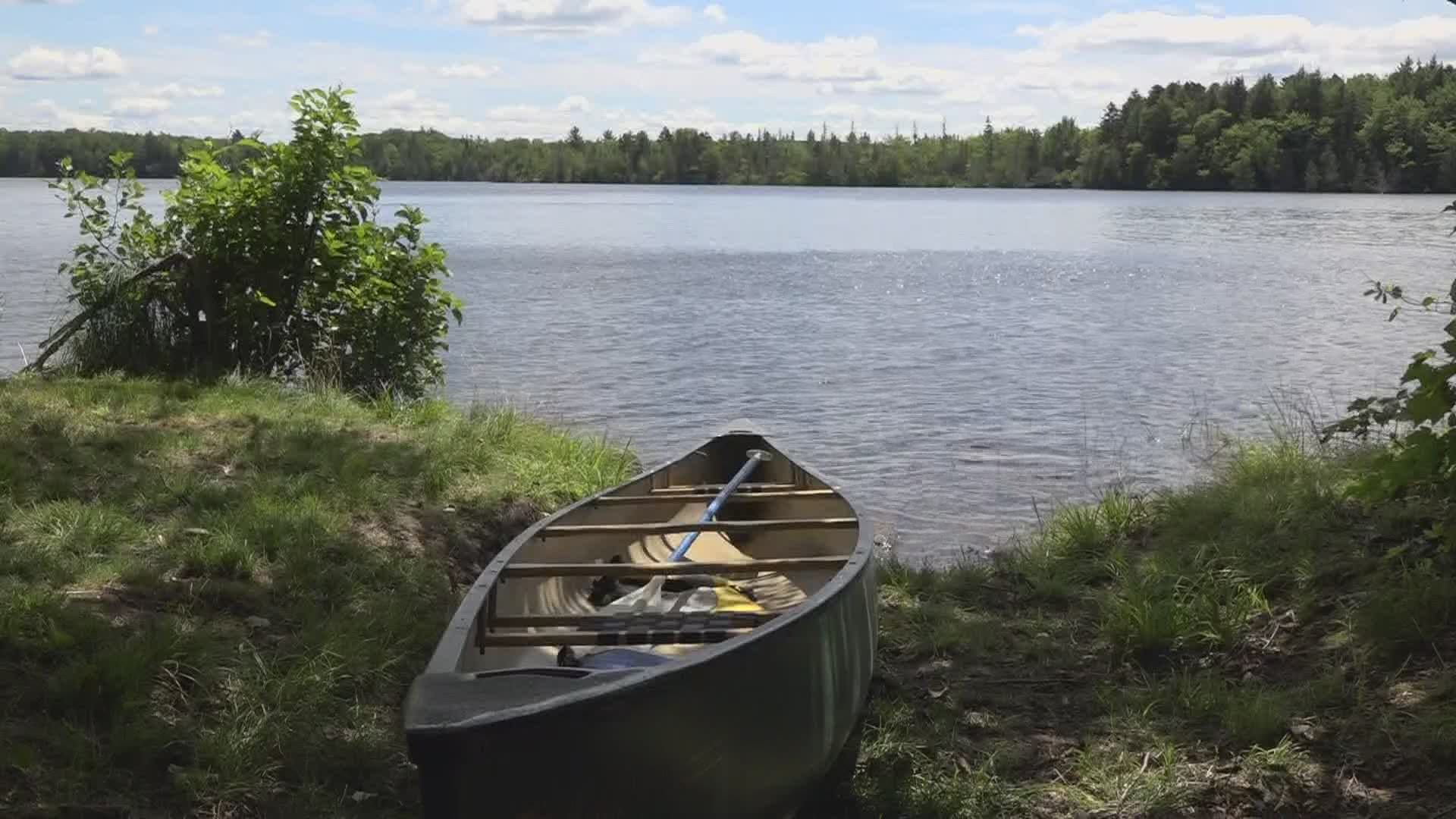MILLINOCKET, Maine — Wabanaki community members gathered in Millinocket on Wednesday to see the new Wabanaki Gathering Place recovery center, an effort tribal leaders and community members have been working on for many years.
The campus along the Penobscot River stretches 45-acre property and offers support programs for indigenous people who need recovery or healing services.
In addition, medicinal gardens, traditional music and foods, and simply enjoying what the Penobscot River has to offer are just some of the things indigenous community members can enjoy for free at the center.
Clarissa Sabattis is the tribal chief for the Houlton Band of Maliseet Indians. She said bringing back traditional medicinal practices and having a gathering place centrally located to the different Wabanaki communities is something indigenous people will greatly benefit from.
"Through the past, it’s been difficult to hold on to some of our connectedness because it wasn’t allowed through policy and our language wasn’t allowed to be spoken, so those things have been lost throughout the years and we are trying to revive that and offer that to our people as a way for them to feel more connected to who we are as indigenous people," Chief Sabattis said.
The first tribal summit highlighted the different efforts that will take place at The Wabanaki Center for Healing and Recovery, which is set to open later this fall.
The property includes healing grounds, medicine trails, a garden, campgrounds, traditional music and food, a sacred fireplace, and people can enjoy what the Penobscot River has to offer including kayaking.
The Millinocket campus includes four properties, each has different levels of recovery services. One of the properties is a recovery residence that provides housing and supportive programming to those active in recovery programming at the Healing Lodge.
The Healing Lodge is a place that aims to help those seeking higher-level recovery and treatment services.
"We've had a lot of addictions, a lot of problems that come from that and now our people and all our tribes have a place to come," Chief Elizabeth Dana said.
"The Lodge supports those in recovery by supporting their family and friends, their primary support network," says Lisa Sockabasin, director of the Wabanaki Healing and Recovery Center. "The Lodge emphasizes family reunification and supports and provides childcare for those participating in the outpatient programming. The campus will also house space for aspects of the Wabanaki food sovereignty project to support the ongoing development of Ktanaqson, a Wabanaki traditional foods program."
Sockabasin said the center offers a variety of programs.
"Programs that are focused on connecting people to our land, knowing that our land is what heals us," Sockabasin said.
More information can be found here.

